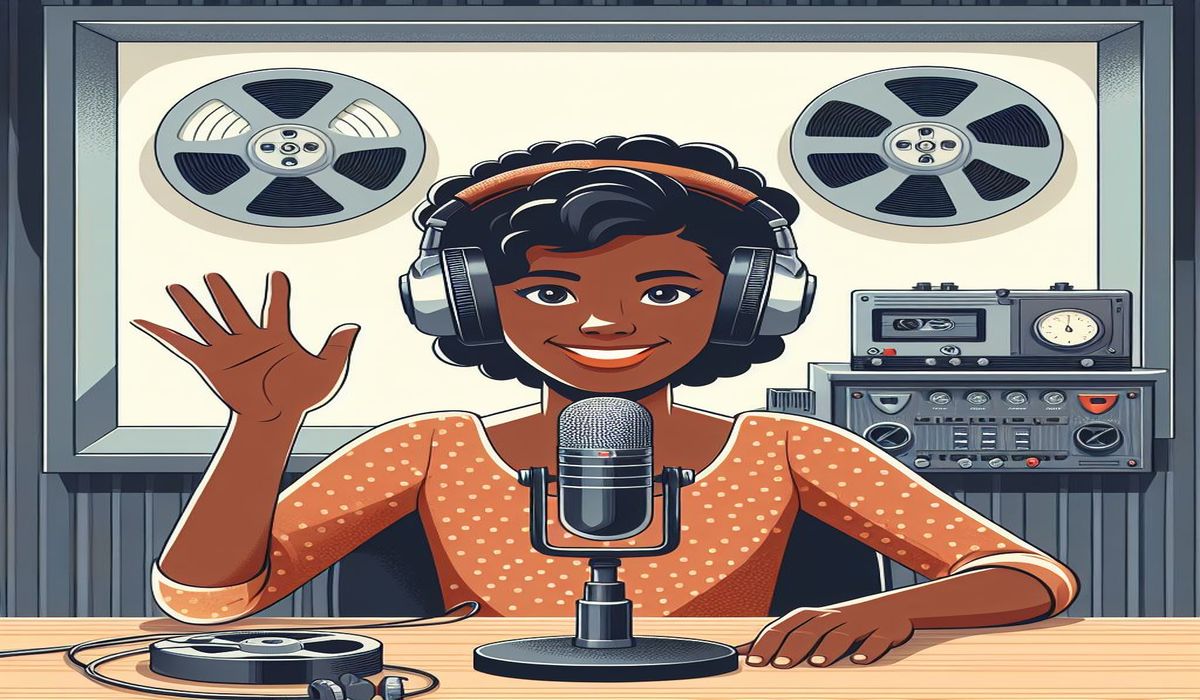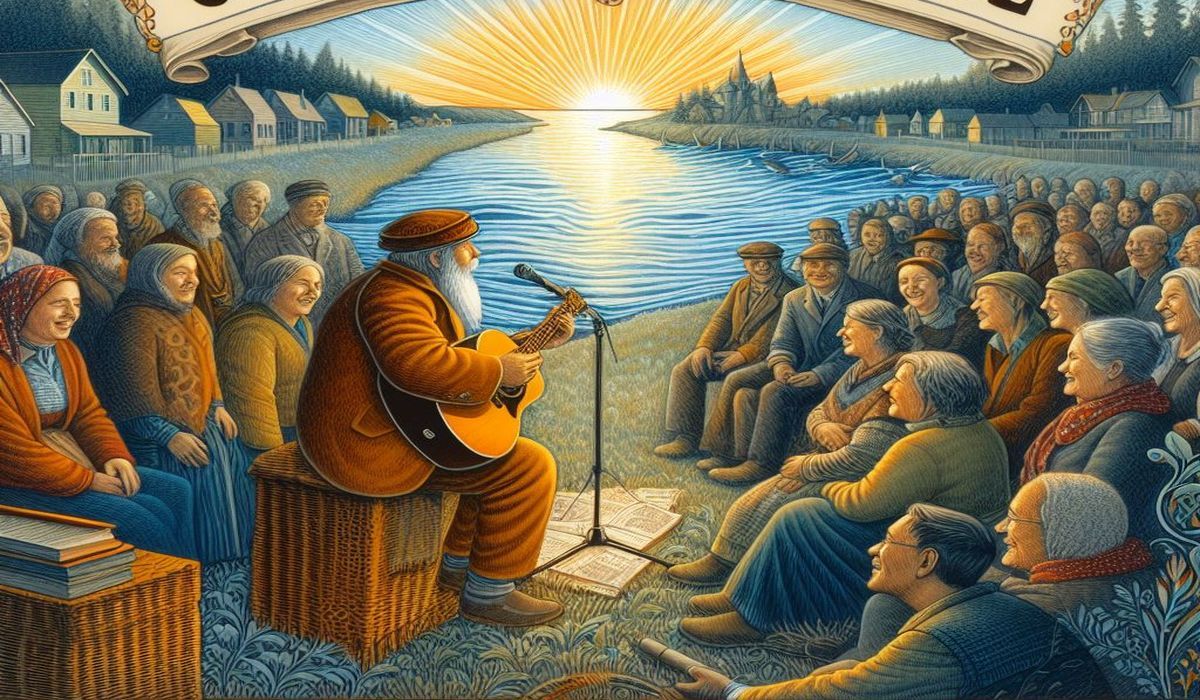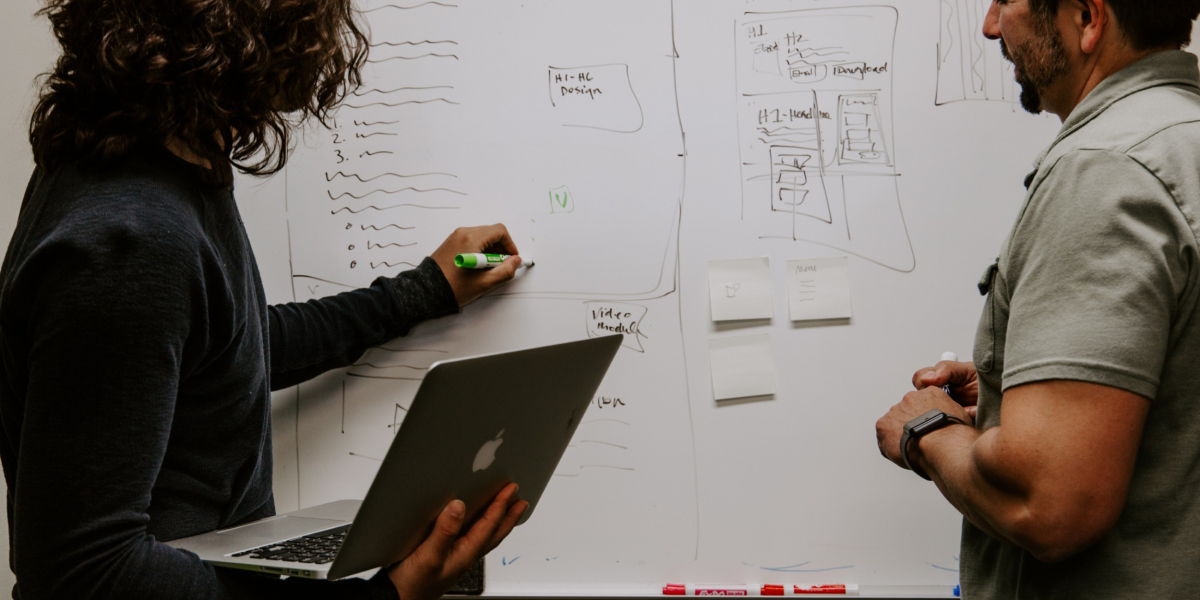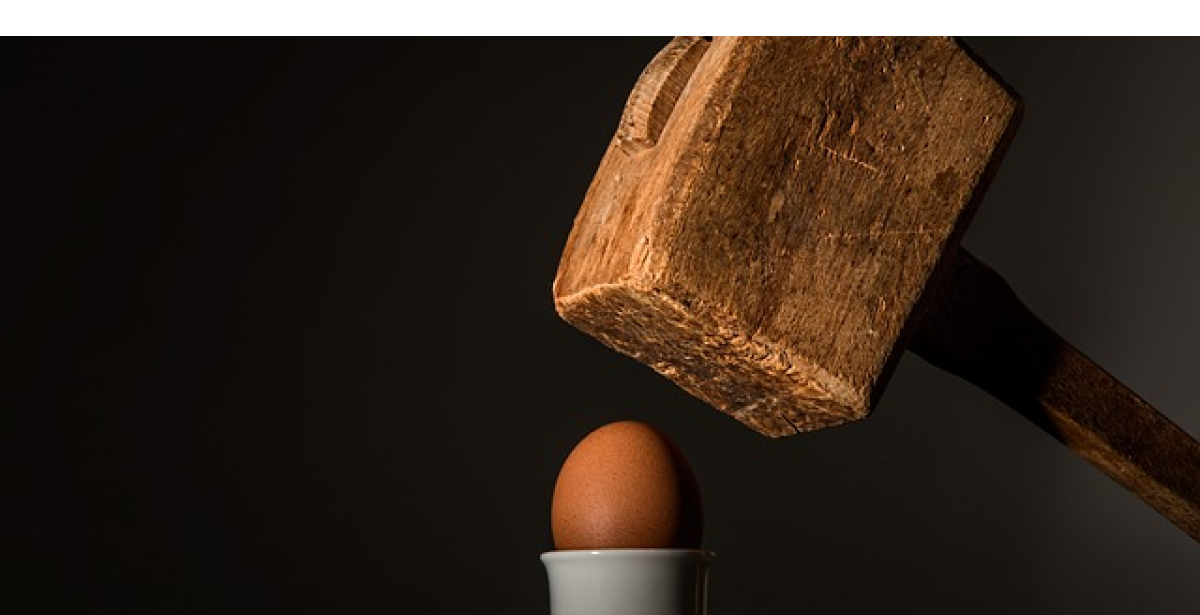-
Turning Interviews into Podcasts: Making Oral Histories Accessible to a Wider Audience

Imagine history class, but way cooler! No textbooks filled with snoozy dates. Instead, you get to listen to real people dish on what life was actually like back then. That’s the magic of oral histories. The problem? These juicy stories are often stashed away in dusty libraries, gathering cobwebs. But hey, it’s the podcast era,…
-
Unveiling a Community’s Soul: Where Folklife Meets Oral History

Have you ever wondered where the delicious scent of your grandma’s cookies comes from, or why a particular tune always gets played at your local festivals? These are all examples of folklife, the everyday customs, traditions, and cultural expressions that weave the fabric of our communities. But how do we learn about these traditions and…
-
A Step-by-Step Guide to Publishing Oral History Interviews Online

In the age of digital connectivity, sharing oral history interviews has become more accessible than ever before. By publishing your interviews online, you can transform these precious resources into a global repository of knowledge, enriching the historical landscape and preserving the voices of those who have shaped our world. This guide will delve into the…
-
Tips on How to Build Trust and Connection with Your Oral History Interviewees

Rapport is the foundation of any successful oral history interview. When an interviewee feels comfortable and trusting with the interviewer, they are more likely to share their story in a full and honest way. Here are a few tips on how to build rapport with your oral history interviewees: Do your research. Learn as much…
-
Tips on How to Build a Career as an Oral Historian

Oral historians are scholars who collect, preserve, and interpret oral testimonies to provide first-person perspectives on historical events and experiences. They work in a variety of settings, including universities, museums, libraries, archives, and government agencies. This blog will explore strategies for individuals seeking careers in oral history to develop their skills and achieve success. Let’s…
-
Tips on how to Approach Potential Interviewees and Get Their Consent to be Interviewed

When conducting oral history interviews, it is important to approach potential interviewees in a respectful and professional manner. You should also be clear about the purpose of the interview and obtain their informed consent before proceeding. Here are some tips on how to approach potential interviewees and get their consent to be interviewed: 1. Identify…
-
Navigating Ethical Considerations in Oral History: Practical Tips for Respectful Research

Delving into the realm of oral history is akin to embarking on a journey through time, where the echoes of the past reverberate through the voices of individuals who have witnessed and shaped the events that have unfolded. As oral historians embark on this journey, it is imperative to tread with respect and sensitivity, ensuring…
-
Tips on how to Deal With Sensitive Topics in an Oral History Interview

Oral history interviews can be a powerful way to document personal stories and experiences, but they can also be challenging, especially when sensitive topics are involved. As an interviewer, it is important to be respectful and sensitive to your interviewee, and to create a safe and supportive space for them to share their story. Here…
-
Tips on How to Handle Silence or Uncomfortable Moments in an Oral History Interview
Silence and uncomfortable moments are natural parts of oral history interviews. After all, you are asking people to share their personal stories, which can be difficult and even painful. However, it is important to be able to handle these moments in a way that makes the interviewee feel comfortable and respected. Here are a few…
-
The Art of Snowball Sampling in Oral History Research
As a researcher, identifying participants who can shed light on the historical events or periods under investigation is paramount for researchers engaging in oral history research. While traditional methods, such as random sampling or relying on archived records, may yield some valuable insights, they often fail to capture the rich diversity of experiences and perspectives…